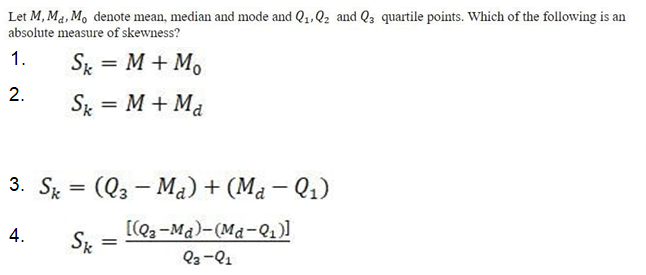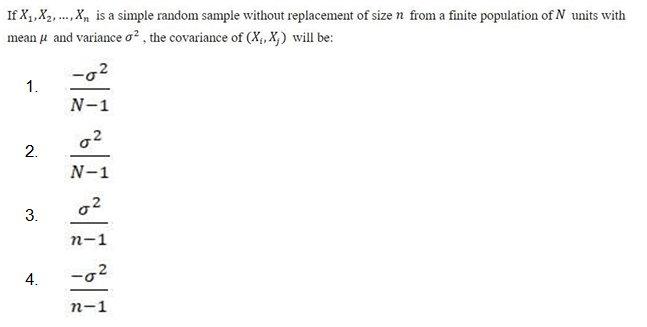Start learning 50% faster. Sign in now
Explanation: Digital India programme was launched on 1st July, 2015 to enable digital delivery of services to citizens. It has proved to be a very successful program. The Union Cabinet, chaired by Hon’ble Prime Minister Shri Narendra Modi, today approved the expansion of the Digital India programme. The total outlay is ₹14,903 crores. • 6.25 lakh IT professionals will be re-skilled and up-skilled under the FutureSkills Prime Programme. • 2.65 lakh persons will be trained in information security under the Information Security & Education Awareness Phase (ISEA) Programme. • 540 additional services will be available under the Unified Mobile Application for New-age Governance (UMANG) app/ platform. At present over 1,700 services are already available on UMANG. • 9 more supercomputers will be added under National Super Computer Mission. This is in addition to 18 supercomputers already deployed. • Bhashini, the AI-enabled multi-language translation tool (currently available in 10 languages) will be rolled out in all 22 schedules 8 languages. • Modernisation of the National Knowledge Network (NKN) which connects 1,787 educational institutions. • Digital document verification facility under DigiLocker will now be available to MSMEs and other organisations. • 1,200 start-ups will be supported in Tier 2/3 cities. • 3 Centres of Excellence in Artificial Intelligence on health, agriculture and sustainable cities will be set up. • Cyber-awareness courses for 12 crores college students; • New initiatives in the area of cyber security including development of tools and integration of more than 200 sites with National Cyber Coordination Centre.
The probability of getting 9 cards of the same suit in one hand at a game of bridge is
The null hypothesis in ANOVA one-way classification, the study of the variances due to k different sources, is:

Which of the following options is correct when data is classified on the basis of attributes?

Two data set of size 9 and 6 have standard deviation 3 and 4 respectively and arithmetic means 3 and 3 respectively. The standard deviation of combined...
The median of the following observations 10, 11, 9, 12, 10,10, 12, 10, 9,11 is:
With reference to index numbers, which of the following statements is true?
From standard pack of 52 cards, 3 cards are drawn at random without replacement. The probability of drawing a king, a queen and a jack in order is
For the variables X and Y, we collect 4 observations with ∑ X = 10,∑ Y = 14,∑ X2 = 30,∑ Y2 = 54,∑ XY = 31 The regressio...